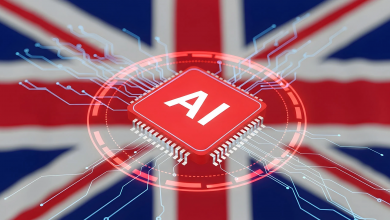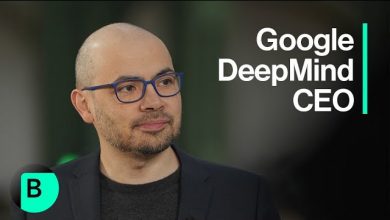Albania has made history by appointing Diella, the world’s first AI-generated government “minister,” to tackle corruption in public procurement processes.
Prime Minister Edi Rama announced the move during a cabinet introduction, describing Diella—named after the Albanian word for “Sun”—as a virtual advisor that has already been assisting with online government services since January.
Depicted as a woman in traditional Albanian attire, Diella will oversee decisions on public tenders to ensure they are “100 per cent corruption-free” and fully transparent, with all public spending in these processes made “100 per cent clear.”
This initiative addresses Albania’s persistent corruption challenges, as the country ranks 80th out of 180 on Transparency International’s Corruption Perceptions Index—a major hurdle in its bid for EU membership by 2030. The transition of tender oversight from traditional ministries to Diella will happen gradually, marking a bold step toward digital governance.
Key quotes from Rama include: “Diella is the first [government] member who is not physically present, but virtually created by artificial intelligence,” and “Every public fund submitted to the tender procedure will be perfectly transparent.”
The article notes no explicit criticisms of the appointment, though it underscores corruption as a broader national issue. Rama, recently reelected in May, is set to reveal his full cabinet soon.
Where Will This Trend Lead?
Toward AI-Augmented, Hybrid GovernanceThe trajectory points to a “human-AI synergy” model by 2030, where AI handles routine and data-intensive tasks, freeing humans for ethical oversight and creativity.
Optimistic forecasts from Deloitte and the OECD predict AI could boost public sector productivity by 15–30%, enabling real-time policy adjustments and inclusive services. However, risks like bias amplification (e.g., the UK’s 2020 visa algorithm scandal) necessitate robust governance.
Short-Term (2025–2027): Expansion of AI in procurement and services. Expect more “Diella-like” pilots: the UN’s Global Dialogue on AI Governance (launched August 2025) will standardize international frameworks, involving 118+ countries. In the U.S., the Office of Personnel Management is modernizing legacy IT with AI for retiree services.
Medium-Term (2028–2030): AI-driven predictive governance. Blockchain-AI hybrids (e.g., India’s face-recognition Digital Life Certificates) could automate budgets and dispute resolution, reducing corruption via transparent ledgers. The World Economic Forum forecasts AI converging with quantum and biotech for “smart cities,” where AI optimizes urban planning. Public opinion surveys (e.g., Pew 2025) show 64% of UK adults favoring AI regulations to prevent job losses, signaling demand for balanced adoption.
Long-Term (2030+): Agentic governance. Multi-agent AI systems could negotiate policies or simulate crises, as in NASA’s AI for deep-space missions. Balaji Srinivasan predicts AI in core decision-making, potentially leading to “AI DAOs” for decentralized voting. Yet, Brookings warns of a “dangerous void” without global rules, as only seven developed nations participate in all major AI initiatives.
Challenges include the “black box” problem (lack of explainability) and workforce displacement—up to 40% of budgets now go to compliance, per Salesforce’s Marc Benioff. Solutions: EU-style risk classifications (high-risk AI banned if opaque) and co-governance models involving stakeholders.
Broader Implications: Promise, Peril, and the Path Forward
This trend could democratize governance—making it faster, fairer, and less corrupt—but only if ethical frameworks evolve. Albania’s experiment, while groundbreaking, faces criticism: opposition leader Sali Berisha called it “unconstitutional,” questioning who controls Diella.
Globally, 80% of leaders cite ethics as a barrier, per IBM. The future hinges on inclusive regulation: UNESCO’s AI ethics assessments now cover 58 governments, promoting transparency.Ultimately, AI won’t replace human judgment but amplify it. As UN Secretary-General António Guterres noted in September 2025, these tools are “building blocks of a new architecture of technology governance” to keep humanity at the center.
For nations like Albania eyeing EU membership, it’s a leap toward digital maturity; for others, a cautionary blueprint. The question isn’t if AI will govern, but how we govern AI.



